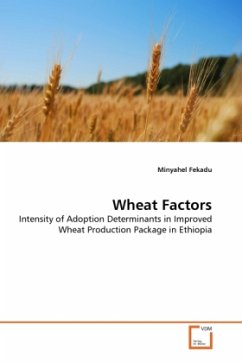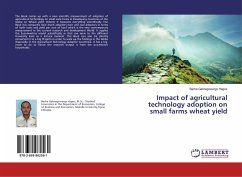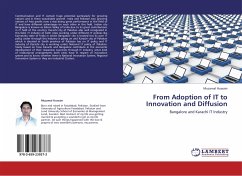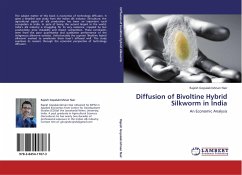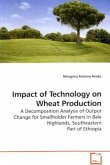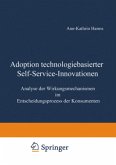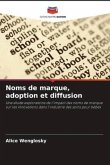Wheat production plays vital role to improve farmers' income, nutrition & food security in Ethiopia. Yet, it is described by low productivity due to non/poor adoption of wheat technologies. Assessing adoption & intensity of use & analyzing determinants was found crucial. Field survey, interview schedule & group discussions were used to collect data & econometric model employed to determine relative influence of explanatory variables. Result showed that farmers used mostly improved wheat variety & fertilizer from the recommendation. There was also deviation from research recommendation in fertilizer use. Tobit model indicated that farmers' sex, educational level, farm income, credit use, extension participation & knowledge on improved wheat production had positive & significant influence on adoption & intensity of the same. In contrast, market distance showed negative & significant influence on adoption & extent of use. The overall finding recommends the importance of institutional support in extension, credit & market service to enhance adoption. This book will help relevant practitioners, research & extension staffs to better design future programs aimed at benefiting farmers.
Bitte wählen Sie Ihr Anliegen aus.
Rechnungen
Retourenschein anfordern
Bestellstatus
Storno

